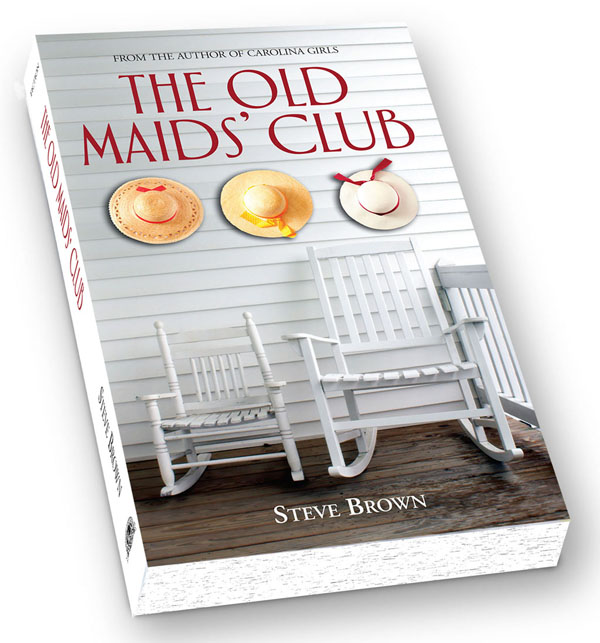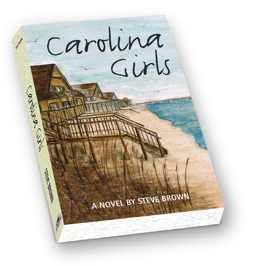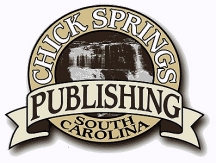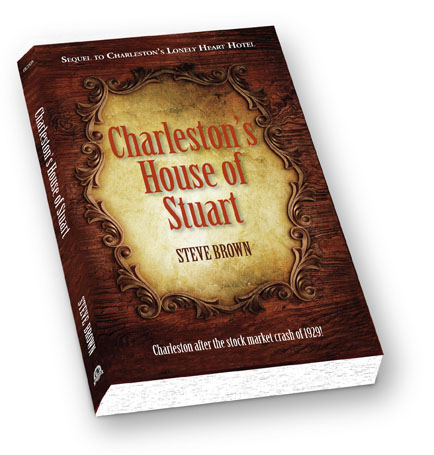
Helen stopped her pacing and took a drag off her cigarette. She was a thin woman with a narrow face and gray hair pulled back into a tight bun; the only sister to wear glasses. At this hour of the evening she wore a housecoat over her nightgown, the belt pulled tight revealing her thinness. Expelling a smoke-filled breath, the oldest of the three Belle sisters glared at Margaret, who sat at the dressing table with her back to her, brushing her hair the nightly one hundred strokes. “We vote on such matters.” “I had to make a decision, and I made it.” Margaret pulled the brush through her wondrously coal-black hair. Not a strand of gray, and about this Margaret was quite proud. “Besides, you and Mary Kate were at the church bazaar all day.” “More likely you waited for us to leave so you could finagle this, and now we’re stuck with this girl.” “Oh, I don’t know,” said Mary Kate from where she lazed on the fourposter bed and pulled the ribbon on yet another Hershey’s kiss. Chocolate was Mary Kate’s passion, and since she had discovered Hershey kisses, the chocolate had added more than a few pounds to her hips. “You can always turn out the girl.” “Oh, why such half measures?” asked Margaret, speaking to the mirror. “Just take her to the end of Court Street and drop her off. We all know what happens to young girls who lose the protection of their families.” “Well,” said Mary Kate, smiling from the bed, “at least those who don’t have an older sister to watch over them.” Mary Kate’s cherubic face belied a quick wit. She popped the kiss into her mouth. Her hair was already in rag rollers. “Just whose side are you on, Mary Kate?” Helen pushed her glasses back on her nose. She needed to put her hair in rollers, too, but business first, such as the survival of Belles Lodging. Mary Kate licked the chocolate from her fingers. “I’m on the side of any orphan.” “You’d take in all orphans?” “Not at all. Just the ones threatened by soldiers.” The Yankees had arrived at their plantation, looted the place, and dispersed the servants. Margaret, only ten years old, didn’t emerge from her hidey-hole for two days. During this raid, Mary Kate discovered how much she’d missed young men during the war, and Helen learned not to talk back to Yankees. She bore the sergeant’s mark for close to a week. In the years following the war, the sisters—having moved to town— convened nightly on the second floor to discuss the affairs of Belles Lodging. But as the women became more set in their ways, and the conversations became more heated—especially when it came to economies—the sisters no longer sat cross-legged on the fourposter bed, backs against the posts, hair in rollers. Nowadays one of them might lounge on the bed, as Mary Kate was doing, another sit on the chair from the dressing table, or perhaps lie across the chaise lounge where Margaret slept. Never far from their minds was the loss of their plantation home when carpetbaggers had discovered the property on the delinquent tax roll. Only by selling the family silver, retrieved from the well where it had been thrown when the Yankees passed through, was it possible to hold onto the town house where brother John and his wife, Theresa, lived. A three-story structure with steep gables, pointed windows, and a wrapound porch, the Belles’ fifteenroom home had enough bedrooms to take in lodgers, especially when brother John decamped to the attic, his wife’s complaints still ringing in his ears about how ugly he’d become, so disfigured and crippled from the war that she absolutely refused to be seen with him in public. Theresa moved in with her mother and she had been seen in the company of scalawags who wished to marry her for Belles Lodging; that is, if that fine home could ever be sold. John wouldn’t give his wife the time of day, much less a divorce, so after a judge declared him of sound mind, Theresa’s new friends had little use for her. She continued living with her mother, and whenever Theresa took a notion to return, her sister-in-law met her at the door. “You live here,” said Helen, “and not only will you pull your share of the load, you’ll sleep in my brother’s bed.” “But, Helen, it gets hot up in that attic.” “Sorry, but that’s the way it’ll be. We don’t have an unoccupied room.” For this reason, Theresa never spent another night at Belles Lodging, and John never came downstairs. When plumbing was added to the house, including a bathroom for the second floor, a bath was added at the rear of the attic for brother John. To economize, the sisters slept in the master bedroom on the second floor, the older two in the four-poster bed; Margaret relegated to a chaise lounge, one of those with a gently rising headboard, the same piece of furniture she’d slept on as a child. Below the master bedroom lay the parlor with an arc at one corner, and in this semicircle sat an upright piano; at the attic level the semicircle became a turret where brother John sat in a rocking chair and watched a city change that he could have no part in. In the master bedroom, the half-circle held the four-poster bed. Arranged around the walls of the bedroom were three armoires, a secretary where Helen kept the ledger, and next to the secretary, an old steamer trunk. Shelved next to the Belle family Bible was the Book of Common Prayer, Women and Economics, and the poems of Emily Dickinson. Still, with the potential seizure of their home by John’s wife, the three sisters bit their tongues when men at the dinnertable commented about secretaries and women working in retail shops along Main Street. “They can only become coarsened by such experiences,” said one traveling salesman. “The building of the cigar factory at Reedy River Falls is a sure sign of such decadence,” said another. “It’s one thing to strengthen the local economy by bringing in farmers’ daughters to work in a mill, quite another for your own sisters to be tempted to abandon hearth and home.” “I’ve been told two hundred young women are employed rolling cigars,” said a third man. “Their employers justify such hiring by citing the dexterity of the feminine hand.” “Those hands should be changing diapers and preparing hot meals for husbands returning home after a long day’s work.” By holding their tongues, the Belles had survived the war, Reconstruction, and several financial panics, but most importantly, they had kept their home out of the hands of their grasping sister-in-law. Nevertheless, the thought of a fourteen-year-old girl coming to live with them sent tremors through their tightly knit society. It was one thing to sit around and plan an uprising against a male-dominated society, but a loose-tongued child might bring an extra load of misery to the Old Maids’ Club. 978-0-9712521-4-1
| |||||||||||




